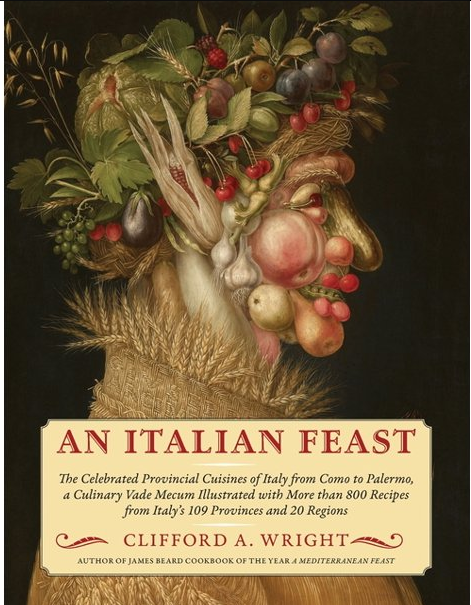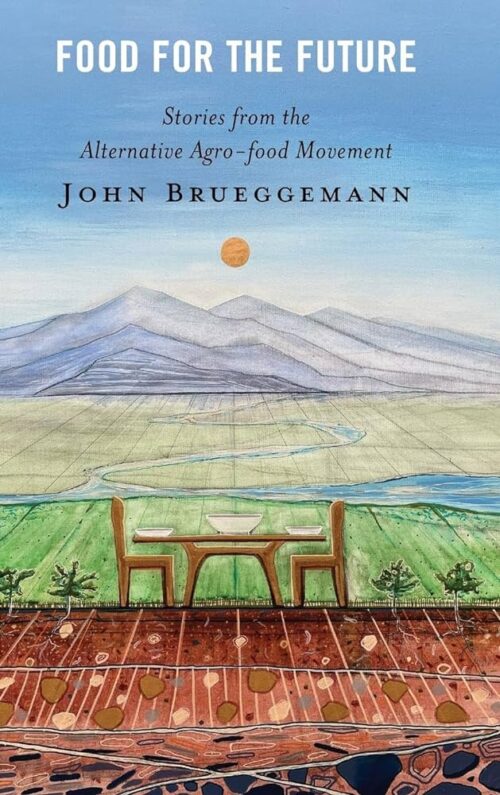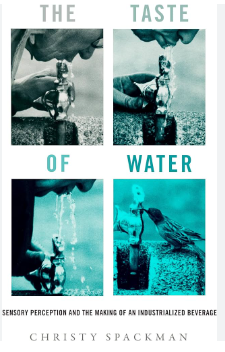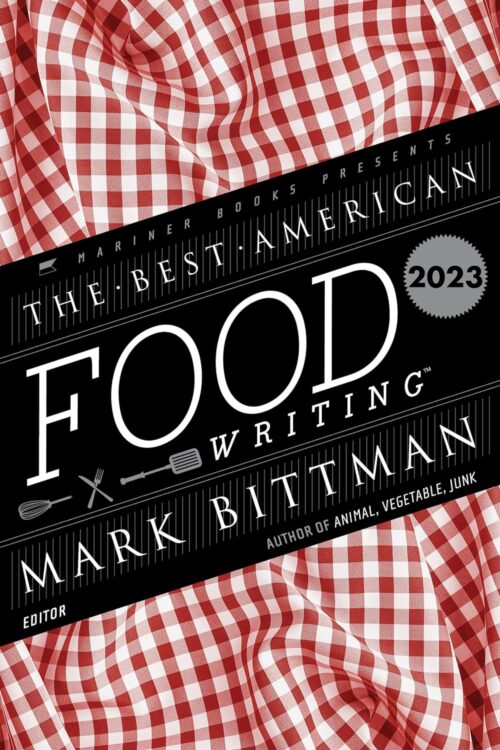
I just bought a copy of this book, mainly because I like reading everything Cliff Wright writes. One of his previous books about Italian Cooking, A Mediterranean Feast, won two James Beard awards in 2000, one of them Cookbook of the Year, deservedly.
This one is a doorstop at 1191 pages and 5.6 pounds.
But no need to be intimidated. The structure is quite straightforward.
The book takes each region of Italy, in alphabetical order from Abruzzo to Veneto, and takes those regions province by province to discuss and provide recipes for characteristic dishes.
Take Emilia-Romagna, for example. First comes a history of the region, a discussion of its cuisine and questions about them, followed by characteristic recipes from the region and discussions and recipes of each of the provinces, also in alphabetical order, from Bologna to Rimini.
Wright introduces the book with a summary of how the history of Italy has influenced its food. For example:
In terms of what people at in Italy in the last fifteen hundred years, there is so much for which one must account, from the diffusion of Islamic agriculture between the seventh and twelfth centuries; the Black Death of the fourteenth century; the transition of the world economy from feudalism to capitalism and the wealth created as a result of the trade in, mostly, food products; the discovery of the New World in the late fifteenth century and the introduction of its new foods in the following century; and the changes in the consciousness of people themselves due to the Renaissance, humanism, and the nascent stirrings of modern science. This is a complex story, and it all has to be told so we can appreciate why Italian food is what it is today.
Hence, 1200 pages.
Interspersed throughout the book are boxed discussions of fasciinating details. On eggplant parmesan from the Regional Cuisine of Campania, for example, he says (among other things):
Let us dig a little deeper here. The first mention of something resembling eggplant Parmesan is from the rhyming poem Il saporetto by Simone Prudenzani (1387-1440). Prudenzani was from Orvieto, and Il saporetto, while not a cookbook, is about food, where a dish mentioned refers to well-grated parmigiano cheese being stuffed inside (Dentro nel parmiscian ben gratusgiato)….I believe the version we know today, with its Parmesan cheese and tomato ragoût, first appears in print in Ippolito Cavalcanti’s Cucina teorico-practica, published in Naples in 1837….
The recipes come with similar dicussions.
You either love this kind of thing or not. I tend to be for it.
For that reason, I do have a quibble with the book. It does not come with an Index of anything except the recipes.
The scholarly apparatus is limited to brief endnotes, a lengthy bibliography of what he read for this (17 pages of small type), and an index of the recipes by category, and by region and province. But the recipes are only a fraction of what is in this book.
The lack of an index is a serious omission.
Wright self-published this tome.
Still, I’m glad to have it.










